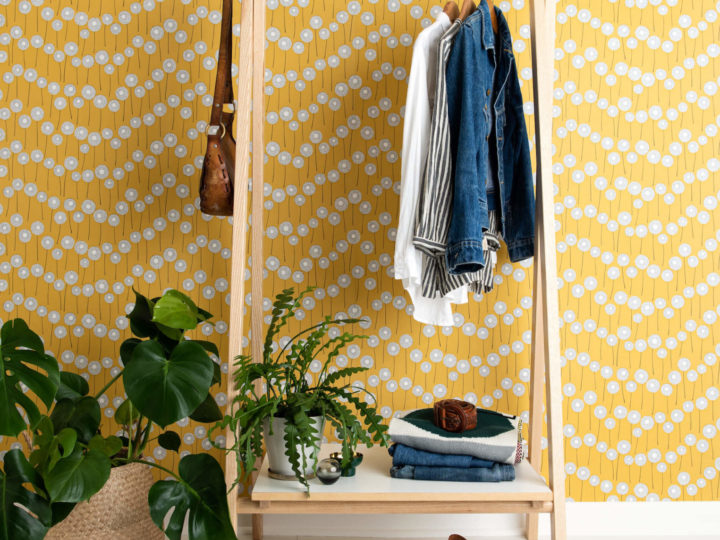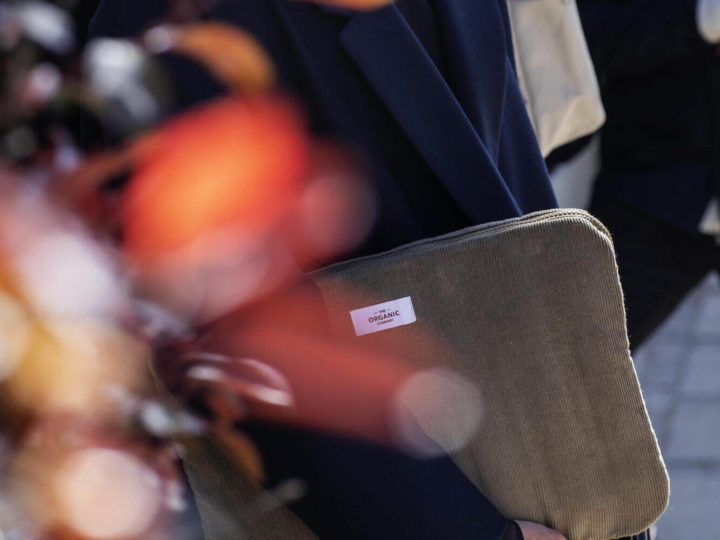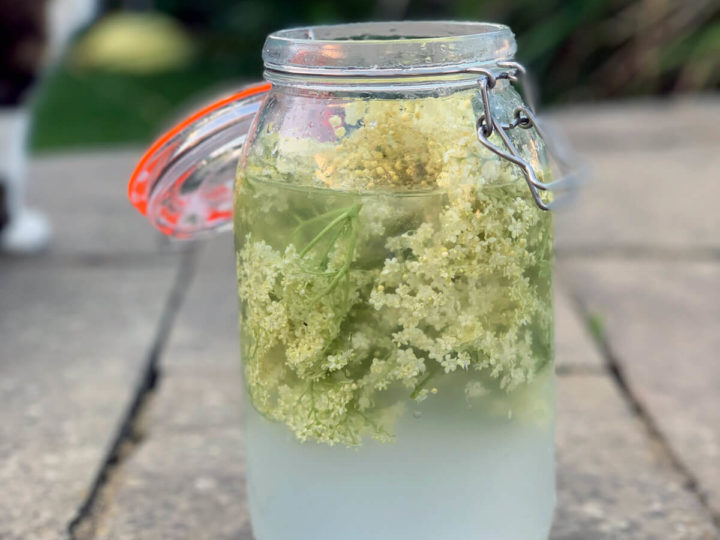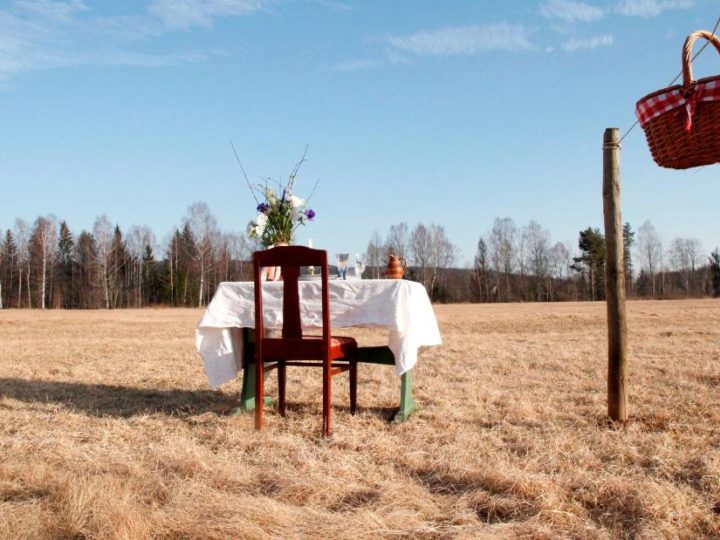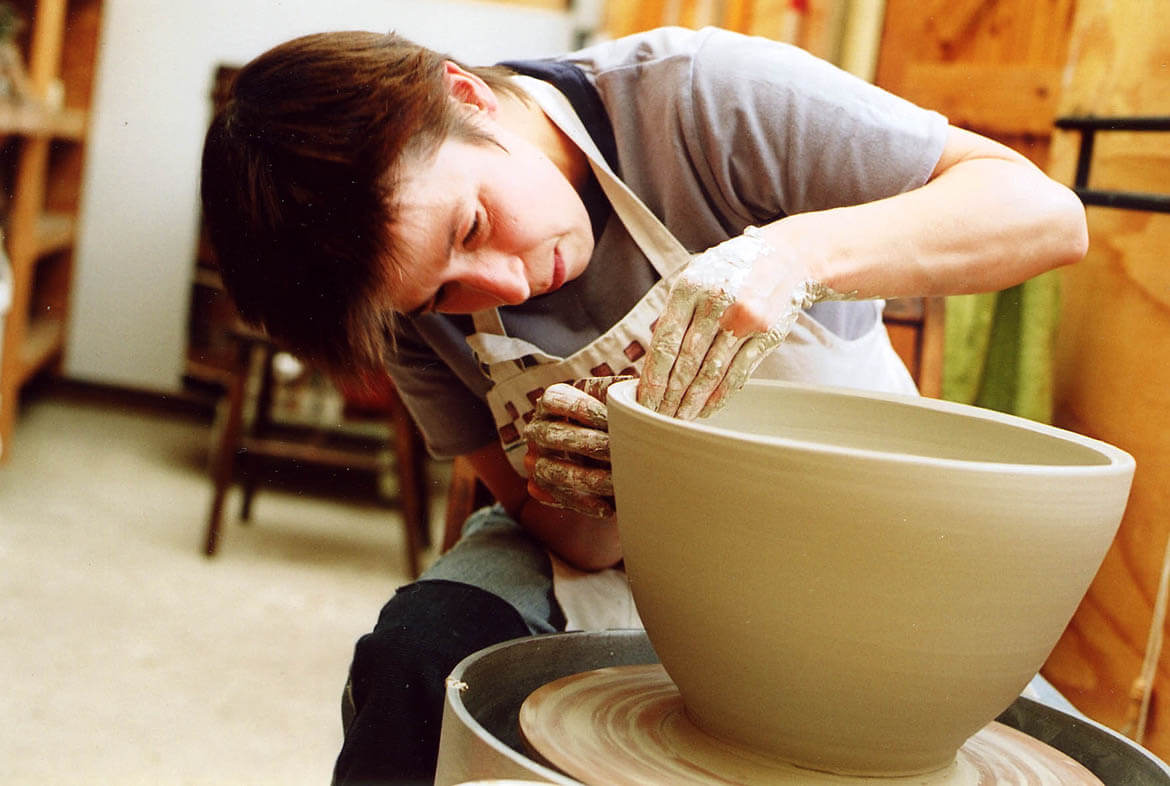
Stories give products and interior designs an overall consistent theme. In Swedish, we call this the invisible “röd tråd”, literally, the red thread that flows through, connecting the dots. The story also lets the recipient make sense of what they see, so they can make their own stories and love something for their own reasons.
I’ve known I wanted my own homeware shop for a long time. As a child, I marvelled at the skill I saw in ceramics and glassblowing studios. For as long as I can remember, I’ve been obsessed with wilderness and outdoor pursuits. When I came across the term “biophilic design” a few years ago, it was a lightbulb moment. Biophilia, a love of nature, enters architecture and interior design to make people healthier and happier.
Nature connected design for wellbeing became the red thread that gave story to my passions and business desires. The story helps people understand and hopefully identify with this way of living. I see the passion that arises in people when I talk about how trees and some plants emit oils that improve your immune system and lower your blood pressure, and how using natural home accessories and furnishings in your home makes you calmer. But of course, it’s only those in the same “tribe” that care, that is, those passionate about wellbeing, nature and ethical shopping for eco homewares. And that’s the great thing about stories; they appeal to those who are like you, further strengthening that bond.
The biophilic design story defines Chalk & Moss and keeps me moving forward in the right direction. I can ask myself, does this product, blog post or event fit; does it make people happier by getting them closer to nature? It’s usually an easy question to answer.
How I choose green and ethical shopping products
People often ask me how I choose the eco-friendly and green products to sell in the Chalk & Moss online eco shop. There are several connected criteria:
- Does the product (or maker) relate to plants or greenery, either real or perceived?
- Do the materials and making process respect the environment and workers?
- Is it made of natural, sustainable materials?
- Do the designer and product help people live a less wasteful and plastic free life?
- In what way is the product beautiful and/or useful (while meeting the other criteria)?
- Has the product been handmade in the UK or Scandinavia, or manufactured in an ethical way?
- How ethical is the designer’s approach to business?
- Is there an interesting story to tell about their work?
Bringing stories to life
I make every effort to bring the design stories to life in all my channels of communication – on the homeware shop product pages, in the blog, on social media and at markets and other live events. For instance, I don’t just sell any old scented candles. To support your natural and ethical shopping, I sell soy wax candles that are vegan and cruelty free, scented with natural essential oils and lovingly hand poured by Jen at Join in her London workshop. By learning about my story and the provenance of the natural, sustainable products I sell, I hope that people make their own story. I hope it gives them a reason to love the things they buy.
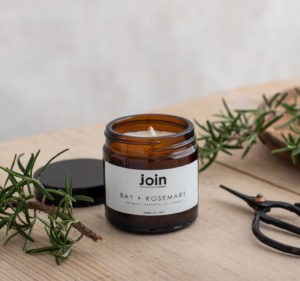
“I don’t just sell any old scented candles. To support your natural and ethical shopping, I sell soy wax candles that are vegan and cruelty free, scented with natural essential oils and lovingly hand poured by Jen at Join in her London workshop.”
Telling your own story
I recently heard about a great event on the topic. Gina Channel of Fable Media helps independent makers and designers define and bring their story to the press. She’s running a “Marketing for Makers” workshop in Bristol on the evening of 8th May. This sounds like it’s covering a similar process I went through to understand myself and define my business story. The three-hour workshop takes you through who you are, defining keywords for your brand, as well as how to prepare your photography, website and social media for press with this red thread. More info here.
The design stories of the makers
It’s an honour to work with talented designers and makers such as those included below. So I invite you to explore their stories here. Click on the image to see their collections in the Chalk & Moss biophilic design shop:

Linda Bloomfield hand throws her porcelain on the pottery wheel in her West London studio. As a former scientist, Linda develops and makes her own beautiful glazes made from natural sources. The collection is beautifully tactile, with details like a delicate silky dimple, perfect for fingers to rest on.

Linda Bloomfield’s collection of porcelain tableware, including plates, bowls, jugs, mugs and vases.
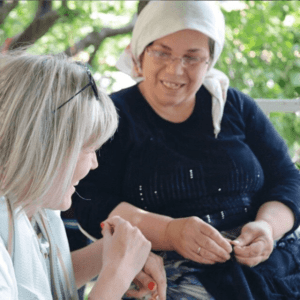
Rachel at Luks Linen works with family ateliers in Turkey, to create OEKO-TEX certified cotton pesthemals. This certification ensures chemical and cruelty free products. Use these pesthtemals as quick drying and light weight towels, scarves, throws and blankets.

As well as being a loving scarf, Luks Linen’s Pelin also drapes beautifully as a striped throw and is a lightweight and quick drying towel for the bathroom or beach. The perfect eco-friendly gift for someone who appreciates natural, sustainable materials.

Emma Aitchison is inspired by environmental issues and aims to be a zero waste jewellery studio. She makes a Fairtrade pledge every year. These are the Three Peaks silver stacking rings, made from recycled silver and brass rings. They are part of the Mountain collection.
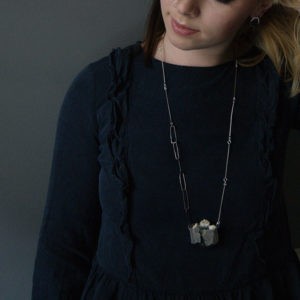
Libby Ward’s wondrous handmade jewellery collection takes unpredictable forms from experiments in her workshop. The pieces draw on the depths of the sea.

John Eadon crafts his furniture by hand on the family farm in Warwickshire. The joins on his pieces are a masterpiece, where smooth lines and wood grain personality replace hard edges, nails and glue.
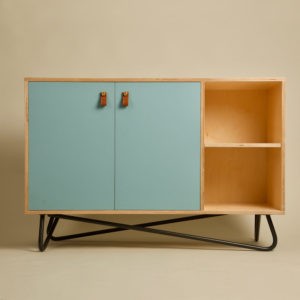
Training originally as traditional cabinetmakers, the talent behind OOTW (out of the woodwork) developed a name for themselves on the Bristol design scene. They make unique furniture, architectural design and interiors for local companies. This Scandinavian influenced collection of handmade home furniture reaches customers far and wide.
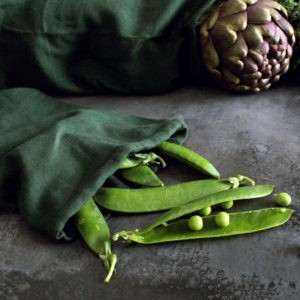
The Organic Company make your plastic free lifestyle that little bit easier, with GOTS certified organic cotton food bags, lunch bags, towels, bags and more.
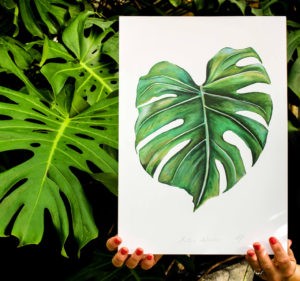
Eimear of Dollybirds Art is a talented artist inspired by plants and British wildlife. She paints her original artwork, including this cheese plant print, in Dublin. These are then printed on FSC certified paper.

The husband and wife team Jakob and Freya behind Wald design a collection of practical monochrome stationery for the botanical out there. The collection includes meal planners, week planners, gardener’s diaries and more.
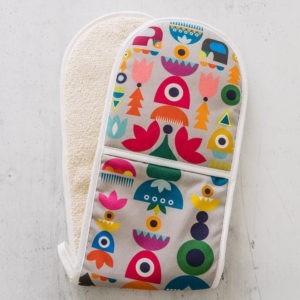
Tatiana of Softer +Wild designs all her kitchen textiles in her studio in Lewes, East Sussex. These are printed and made in small batches by a small family run partner firm.
Comments (2)
-
Thank you so much for recommending the workshop Anna. You are a supreme storyteller!
Gina-
Author
It sounds like a really good event! I hope to hear some take-homes afterwards.
-

